According to the Ministry of Construction , from the beginning of the year to June 30, about 35,000 - 36,000 social housing units have been completed. According to the Ministry of Construction, despite great efforts, the results of implementing social housing policies in recent times have been very modest. The results have not been as expected, but the hot issue related to profiteering from social housing policies still occurs when inspection and audit results show that many cases are sold or leased to the wrong subjects. Therefore, it is necessary to strengthen the post-inspection stage so that social housing reaches the right people in need. That is also the opinion of experts and managers at the Seminar "Untangling bottlenecks, preventing profiteering from social housing policies" on June 30 organized by the Auditing Newspaper.
Many localities are not yet determined
The demand is huge, and policies are gradually being resolved as relevant laws have been passed and come into effect. The Government has also continuously issued directives and instructions to promote the development of social housing, meeting the goal of the Project "Building at least 1 million social housing units by 2030". Most recently, the National Assembly has also officially passed a pilot resolution on a number of specific mechanisms for the development of social housing. So why is the implementation of social housing still slow?
Explaining this issue, Mr. Ha Quang Hung, Deputy Director of the Department of Housing and Real Estate Market Management (Ministry of Construction) said that in the past, some localities have not paid attention to the development of social housing, which is also one of the main reasons. Although there is Directive 34 of the Politburo , Decision No. 338 of the Government has assigned localities to include the target of social housing development in the socio-economic development target of the locality for 5 years and annually for counting. However, many localities have not yet implemented this issue.
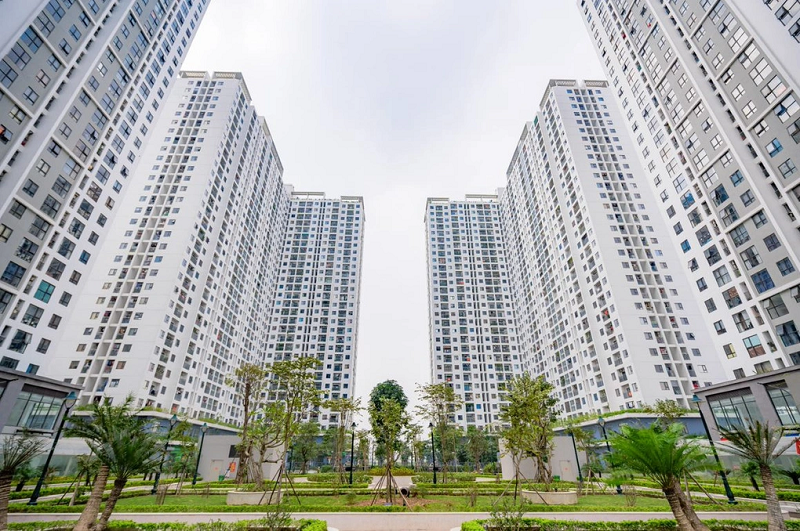
“According to our synthesis, localities have reserved more than 1,900 land plots with a total land area of more than 9,000 hectares for social housing development. In terms of scale, the total land area is enough to develop the proposed number of social housing. However, the quality of the land fund still has many issues to discuss. There are still many land plots arranged in inappropriate areas such as the remaining ends of projects, or locations that are not fully connected to synchronous technical infrastructure, leading to investment in these locations not attracting people and in fact, there are projects that have shown this situation,” said Mr. Hung.
In addition, Mr. Hung explained that the selection of investors must be bid, or the implementation of investment procedures from construction licensing to price appraisal takes a lot of time and costs to comply with administrative procedures, leading to social housing projects not being able to speed up progress.
From the perspective of businesses, Vice President of the Vietnam Real Estate Association Nguyen Van Dinh also said that the government does not include social housing development in its plans and zoning, and does not include it in the local housing development policy. And especially, the almost non-existent support discourages businesses from wanting to participate in investment.
Mr. Dinh gave an example: the locality has almost no land funds ready. If businesses participate, they have to go to developed areas, where land prices are very high. Moreover, they have to clear the land themselves, which is clearly a puzzle for businesses to participate in. If they have to spend so much effort, how can they make high profits?
“In terms of procedures, the process of building social housing is more difficult than building commercial housing, because this is a mechanism given, granted to the subject, to the enterprise, so appraisal and approval are more difficult. The implementing agencies are very hesitant, they are very afraid of making mistakes, approving wrongly and taking responsibility, so they often hesitate, often find ways to avoid approval, leading to the story of why many projects cannot be implemented,” Mr. Dinh explained.
What is the solution to avoid profiteering?
Another hot issue in the implementation of social housing policy is the identification of subjects eligible to buy or rent social housing. Through inspection and examination by competent authorities, there have been many cases where social housing had to be returned. Audit results also show that there are many people who own or rent social housing apartments that are not the right subjects according to regulations.
For example, the once-famous NHS Trung Van social housing project in Hanoi had 7 cases of apartment purchase rights being revoked. In Bac Ninh, according to inspections, it was discovered that in 14 social housing projects with about 640 apartments, after purchase, the owners let other people live in them in many forms such as: marrying foreigners, letting them stay, subletting. Or recently, 50 social housing units in Dong Nai were forced to be returned when the Dong Nai Department of Construction stepped in to inspect...
Explaining this issue, Mr. Ha Quang Hung, Deputy Director of the Department of Housing and Real Estate Market Management, said that no policy can be guaranteed to be 100% accurate, because the law always lags behind real life. Even now, there are still opinions that determining the subjects and conditions is too complicated.
“If we tighten the determination of subjects and income conditions too much, compliance with this policy will be accurate and error-free nationwide, but it will put a lot of pressure on both the agencies implementing administrative procedures as well as the people in confirming subjects and conditions,” Mr. Hung explained.
The solution to avoid profiteering, according to Mr. Hung, is to do well the mechanisms and policies, and auditing is also one of the post-audit methods. Strengthen the inspection work of localities, inspection teams, and inspectors of the Ministry of Construction. Measures and solutions will continue to be implemented in the direction of post-audit. State management agencies design mechanisms and policies in a public and transparent manner, and how compliance is handled will continue to be handled in the post-audit section.
Meanwhile, Vice President of the Vietnam Real Estate Association Nguyen Van Dinh said that it is necessary to expand the scope of labor, all labor subjects that the state needs to pay attention to, to avoid cases where there is a need for frequent inspection.
“I think it is necessary to have clearer regulations on the conditions for receiving social housing and move from pre-inspection to post-inspection so that workers and beneficiaries can determine their own standards with the set regulations. If they are suitable, they can register to buy. Along with that, there must be a mechanism and sanctions for strict handling. If there is fraud or incorrect behavior, it must be severely punished. This can prevent wrongdoings. The first step in assessing and examining the application must be done correctly. When registering, one must be responsible for the registration. If errors are found, they will be handled. This will solve the problem,” said Mr. Dinh.
Source: https://baolangson.vn/hau-kiem-chat-de-tranh-truc-loi-nha-o-xa-hoi-5051875.html





![[Photo] National Assembly Chairman visits Vi Thuy Commune Public Administration Service Center](https://vphoto.vietnam.vn/thumb/1200x675/vietnam/resource/IMAGE/2025/7/1/d170a5e8cb374ebcae8bf6f7047372b9)

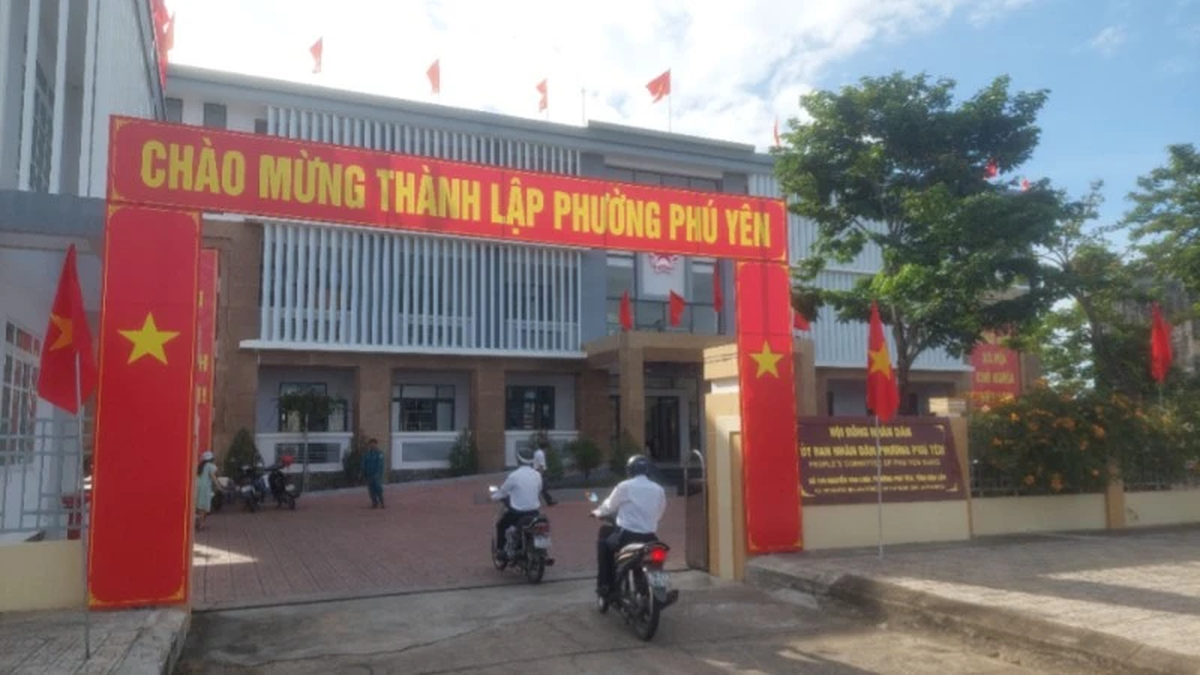
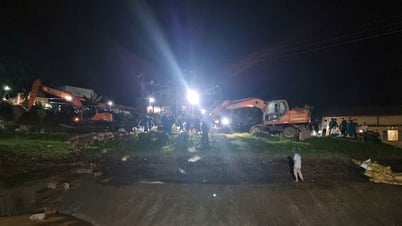

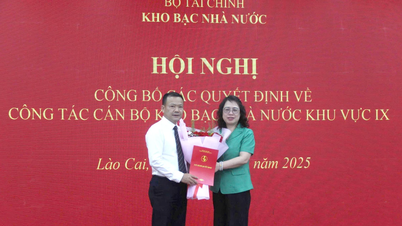

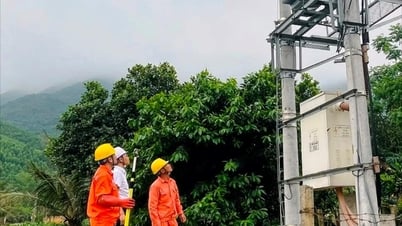














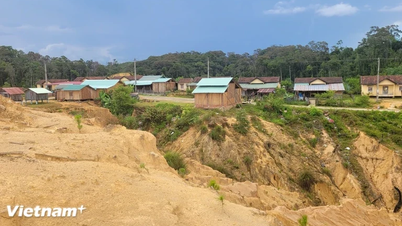

![[Photo] Standing member of the Secretariat Tran Cam Tu chaired a meeting with Party committees, offices, Party committees, agencies and Central organizations.](https://vphoto.vietnam.vn/thumb/1200x675/vietnam/resource/IMAGE/2025/7/1/b8922706fa384bbdadd4513b68879951)






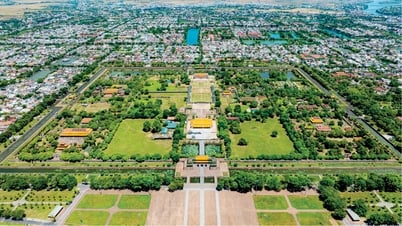








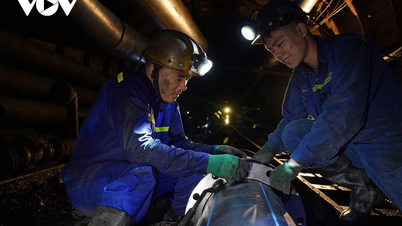



















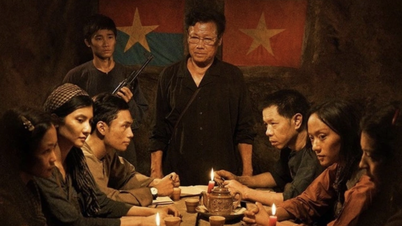
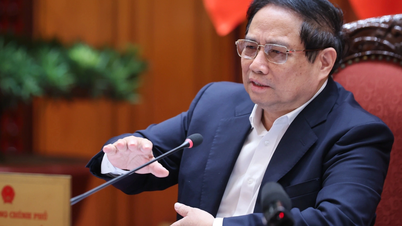



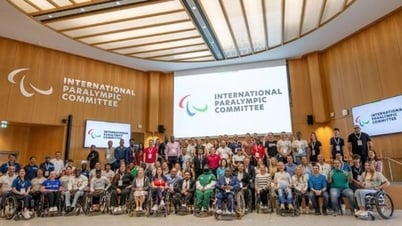


























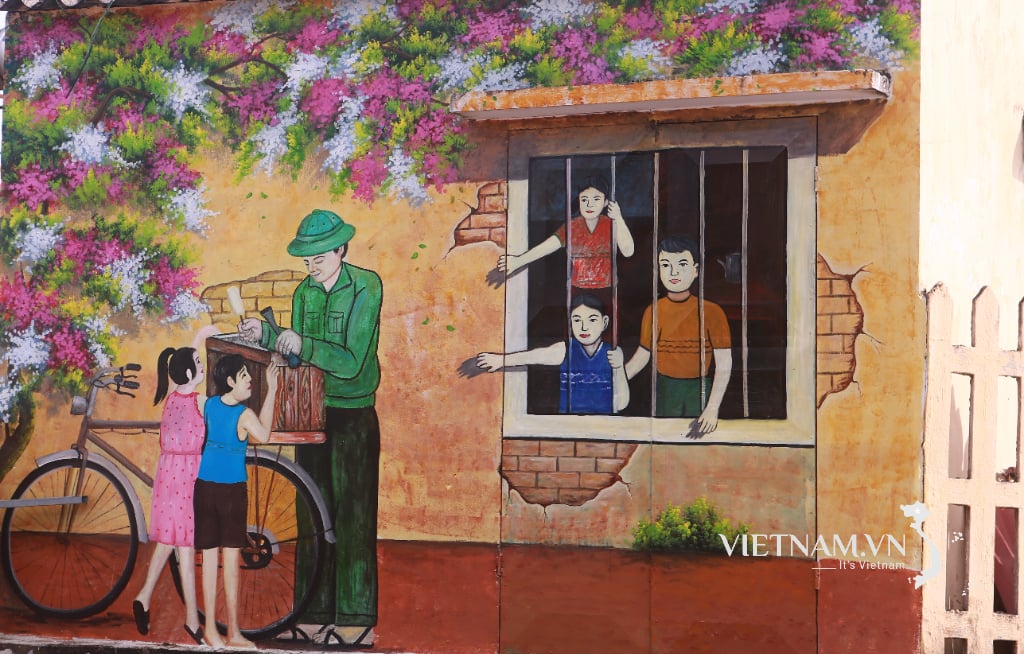



Comment (0)